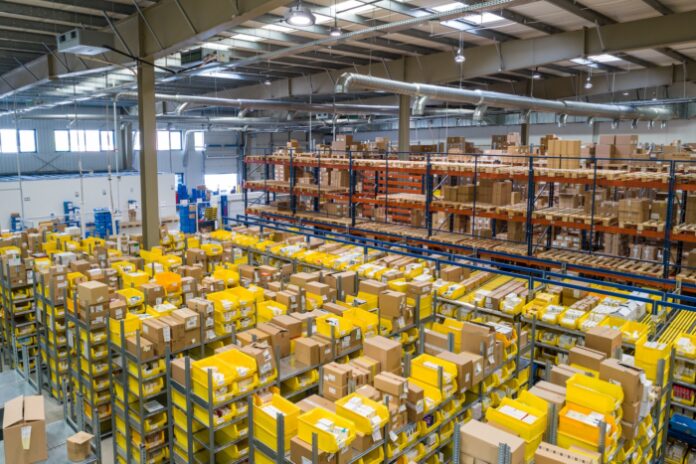Third-party sellers on Amazon have come a long way over the years, from simple side-hustles, and mom-and-pop operations, to multi-million-dollar companies that are now attracting PE funds, and other institutional interest. This, however, is far from the case for most sellers and only represents a handful of outlier top sellers who have used systems and processes to add tremendous value to buyers on a consistent basis.
When it comes to the top marketplace sellers such as Utopia, Carlyle, and more, the one thing they all have in common is a sophisticated vendor management, sourcing, and supply-chain management system.
The secret to their success ultimately boils down to the products they source, the vendors they work with, and the systems in-place to manage the entire process across sourcing, shipping, and returns.
This article covers some vendor management secrets of the bigwigs at Amazon, to help up-and-coming dropshippers and sellers better optimize their own operations.
Finding the Right Vendors & Suppliers
With China being the undisputed titan of manufacturing, most third-party sellers source their merchandise and opportunities on marketplaces such as Alibaba, Made-in-China, and Global Sources. This often comes with risks. Many sellers have been burned dealing with unreliable suppliers, shipping delays, and at times even outright scammers.
Successful third-party sellers, however, have since developed a number of different measures to minimize risks while dealing with overseas suppliers.
This includes the use of local independent verifiers to physically visit factories and the offices of various suppliers, along with an extensive background check before placing a small initial order.
Negotiate Terms, Prices & Other Conditions
Most smaller sellers prefer placing orders via platforms such as Alibaba, or AliExpress with no specialized terms, agreements, or further negotiations. Higher-volume sellers often take the time to get favorable conditions, such as geographic exclusivity, priority shipping, lower prices, and more, in return for a longer-term commitment and higher quantities.
This is precisely why most smaller stores and sellers on Amazon can no longer withstand the competition and margin pressures from their larger, more established counterparts.
Vendor Management Tools & Systems
When dealing with multiple suppliers, and varying shipping schedules across thousands of SKUs, sellers require specialized tools to stay on top of every single movement across different fronts.
There is of course no shortage of procurement solutions, and for increasingly sophisticated operations, sellers can always turn to a tool like Solarwinds.
Sellers need to treat their business as a fully-fledged retail operation, from dealing with vendors, to contract management, purchase order systems, to delivery, and feedback from customers, all of which can be quite overwhelming when done manually, apart from being susceptible to errors.
Market Intelligence Tools & Reports
In an increasingly competitive e-commerce environment, robust intelligence remains the hallmark of effective, and profitable operations. This extends beyond just analyzing demand for products, or niches, to even supplier intelligence, maritime data, and macroeconomic factors that influence global trade and the movement of merchandise.
Top sellers on Amazon make extensive use of such services to stay ahead of the competition, while also mitigating risks that can even turn existential given the low-margin, high-risk nature of sourcing products from overseas.
There are a number of new solutions that sprang up in recent years, making use of extensive datasets, and sophisticated modeling, providing insights and making forecasts on a regular basis. Services such as Pacvue, Viral-Launch, and Helium 10, among others.
Final Words
As large institutional capital and established players in global commerce increasingly make their way onto Amazon’s marketplace, smaller mom-and-pop establishments increasingly have their work cut out for them.
Selling on Amazon still remains lucrative, but it is no longer a side-hustle, it is a serious, sophisticated, and professional business operation that needs to be treated like one if you’d like to have any measure of success with it.
Find a Home-Based Business to Start-Up >>> Hundreds of Business Listings.

















































